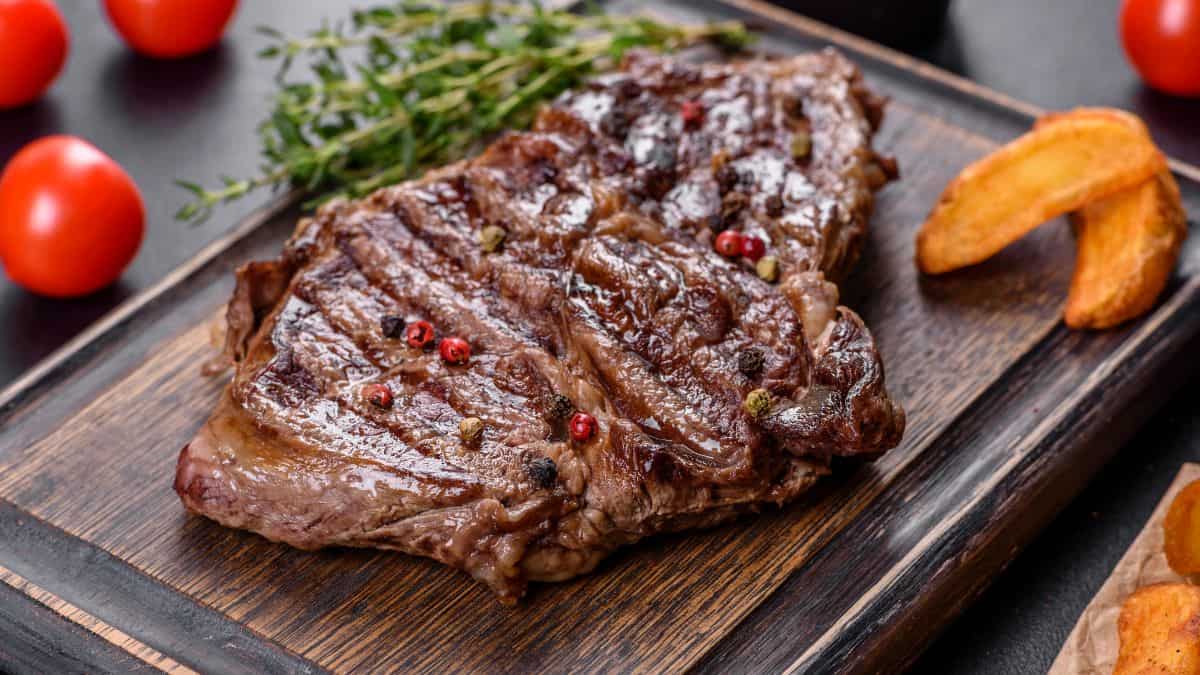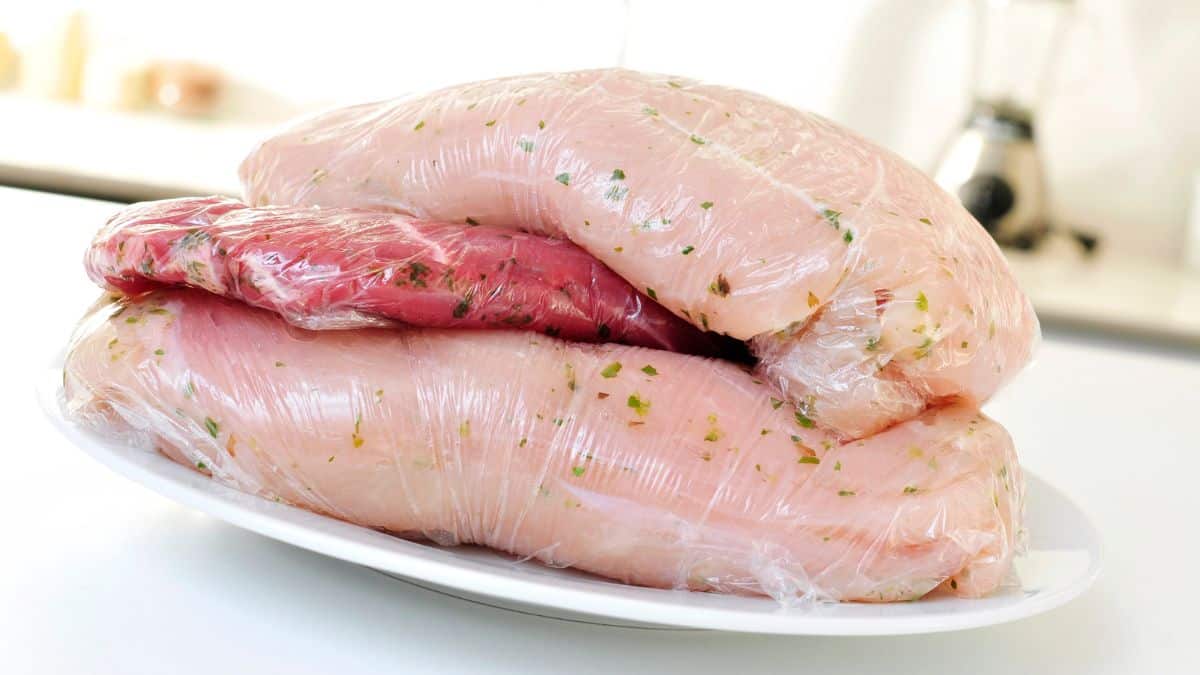The concept of eating for your blood type suggests that specific foods can either benefit or harm your body based on your blood type. Proponents claim that following a blood type-specific diet can improve digestion, increase energy, and prevent disease. The idea is that your body reacts differently to various foods depending on whether you’re Type A, B, AB, or O. But does science actually back this up, or is it just another health trend? Let’s take a closer look.
*The content of this article is not intended as medical advice.

What is the Blood Type Diet?

The concept of eating for your blood type is based on the idea that different blood types (O, A, B, and AB) may benefit from specific types of diets. This theory was popularized by Dr. Peter D’Adamo in his book “Eat Right for Your Type.”
Blood Type O

Recommended: Individuals with blood type O should focus on a high-protein diet that includes plenty of lean meats, poultry, fish, and vegetables, which are believed to be well-digested by Type O’s.
Avoid: It is recommended to steer clear of grains, beans, and dairy products, as these are said to be poorly tolerated and may affect the digestive health of those with Type O blood.
Blood Type A

Recommended: Those with blood type A are advised to adopt a vegetarian diet, which includes a variety of fruits, vegetables, beans, legumes, and whole grains. Organic foods are preferred to reduce exposure to toxins, given Type A’s sensitive immune system.
Avoid: Meat consumption is discouraged for Type A individuals as it can potentially lead to digestive issues and adverse health reactions.
Blood Type B

Recommended: Type B’s diet should be balanced and diverse, including meats (except chicken), dairy products, grains, beans, legumes, vegetables, and fruits. This variety is believed to promote overall balance and health in Type B individuals.
Avoid: Specific foods such as corn, wheat, buckwheat, lentils, tomatoes, peanuts, and sesame seeds are to be avoided, as well as chicken, which is thought to contribute to weight gain in Type B individuals.
Blood Type AB

Recommended: Individuals with blood type AB are encouraged to incorporate foods like tofu, seafood, dairy, and green vegetables into their diet, drawing on the benefits of both Type A and Type B diets.
Avoid: Type AB should avoid caffeine, alcohol, and smoked or cured meats, which may not be well tolerated and could disrupt the digestive process.
Claim #1: Different blood types require different diets

Lacks Evidence: Current scientific evidence does not support the necessity of tailoring diets based on blood type. Nutritional needs should instead be based on individual health assessments, preferences, and specific medical conditions.
Claim #2: Type O thrives on high protein; Type A should be vegetarian

No Specific Basis: There is no scientific basis that ties dietary needs so strictly to blood type. Some individuals may benefit from higher protein diets or vegetarianism, but these benefits are not linked to blood type but rather to personal health factors and lifestyle.
Claim #3: Type B should avoid chicken and certain legumes; Type AB benefits from a combination of A and B diets

Unsubstantiated: There is no scientific backing for the claim that Type B individuals need to avoid chicken or that Type AB’s health benefits from a mix of diets suited to Types A and B. Dietary intolerances and personal health needs are better predictors of what foods might be beneficial or harmful.
Claim #4: Following the blood type diet can reduce the risk of chronic diseases

Lacks Rigorous Proof: The claim that adhering to the blood type diet can specifically reduce the risk of chronic diseases lacks rigorous scientific validation. More general diet principles, such as balanced nutrition and moderation, are more universally accepted in the prevention of chronic diseases.
9 Popular Diets That Health Experts Hate

Many of us are constantly on the lookout for the next big diet trend that promises fast and effective weight loss. However, not all these diets come with glowing recommendations from health professionals. In fact, some are heavily criticized for not just being ineffective, but potentially harmful. We’re taking a closer look at nine popular diet trends that have garnered significant backlash from the health community that you may want to research further before considering.
Read it Here: 9 Popular Diets That Health Experts Hate
Opinion: I Tried The Carnivore Diet For 30 Days, Here’s What Happened

A few months ago after a long car ride and listening to a podcast with Dr. Shawn Baker, a well known carnivore diet advocate, my husband and I decided to try it out for a month. He deals with arthritis and I’ve been on a journey to overcome chronic Lyme disease for almost two years now. We both have our issues.
I’d heard of and knew many people who follow this diet approach. Unlike veganism, where I know plenty who eventually decide to hop off that train, I hadn’t yet met one person who wasn’t still singing the praises of eating meat for every meal. I wasn’t sure what to expect but I figured a month wouldn’t kill me either way. Here’s what happened.
Read it Here: I Tried The Carnivore Diet For 30 Days, Here’s Why People Like It
*Select images provided by Depositphotos.
Gina Matsoukas is an AP syndicated writer. She is the founder, photographer and recipe developer of Running to the Kitchen — a food website focused on providing healthy, wholesome recipes using fresh and seasonal ingredients. Her work has been featured in numerous media outlets both digital and print, including MSN, Huffington post, Buzzfeed, Women’s Health and Food Network.








